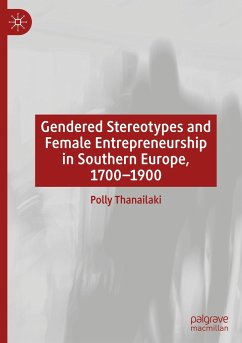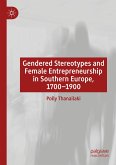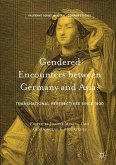This book addresses issues that remain under-researched by feminist historians. They pertain to female economic contribution in specific geographical areas and countries such as Greece, Italy, a number of regions of France, Greek-speaking regions in the Ottoman-ruled Macedonia, and two countries in the Balkans: Romania and Bulgaria. Additionally, it compares and contrasts female economic agency in the above regions which is a field that hitherto lacks thorough study. Polly Thanailaki explores female contribution to the finances of their family and to the economy of their country and how they interlaced in a transnational historical setting, further exploring social norms and trading practices in these regions. The methodology is based on the study of original printed sources such as archives, newspapers, and journals of the period, along with secondary sources of literature. The book addresses the nexus of gender, economy, and society covering a broad spectrum of gender studies, economic history and social history in time and in geographic space.
Bitte wählen Sie Ihr Anliegen aus.
Rechnungen
Retourenschein anfordern
Bestellstatus
Storno








